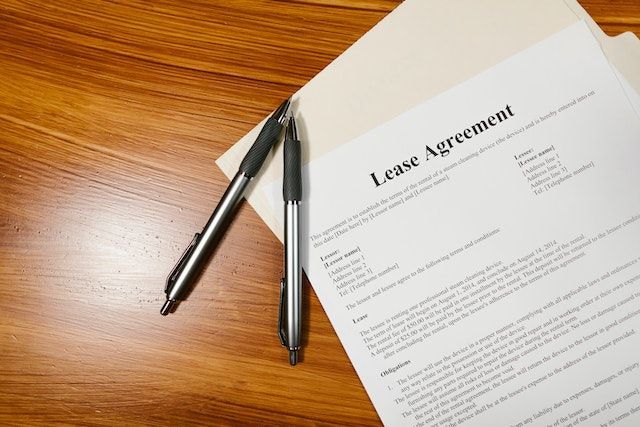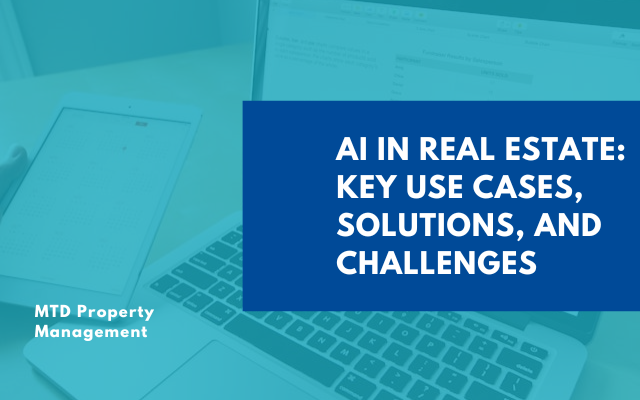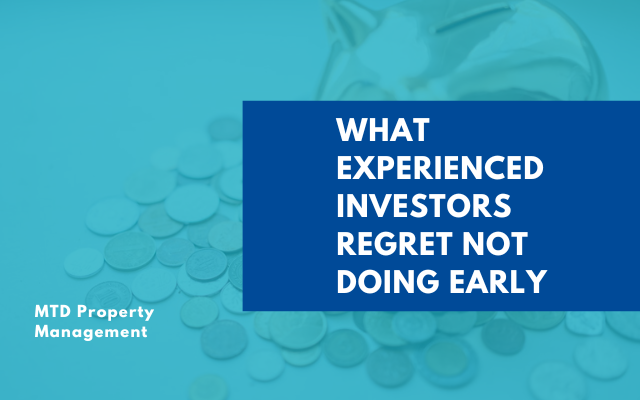Renewal Screening Checks

Every landlord knows that vacancies can harm their rental business. That’s why finding long-term tenants is crucial. Longer tenancies come with a stable, passive income and the peace of mind of knowing your rental is taken care of.
So, it makes sense to want good tenants to stay on your property after their lease is over. However, simply renewing their rental agreement is not a great idea.
When you rush into a lease renewal, you run the risk of facing issues such as late or missed rent, legal disputes, and evictions. A previous tenancy doesn’t guarantee that a renter will be on their best behavior moving forward. That’s why performing renewal screening checks is highly recommended.
If you don’t know where to start, keep reading! In this article, we’ll dive into everything you should know about renewal screenings and how to conduct them.
Benefits of Renewal Screenings
The main goal of tenant screening is to ensure you ensure your renters are responsible and trustworthy. Renewal screening checks have the same purpose. Not screening current or past tenants before renewing their rental agreement can leave landlords vulnerable to liabilities.
Your renters may go through changes during the course of their tenancy, so it’s best to treat them like you would any new renter and screen them thoroughly before signing anything. This will let you determine whether they’re worth keeping on your property. There are many other benefits to renewal screening checks, including:

- Saving money. A renewal screening can help you avoid late and missed rent payments. It can also help you avoid spending money on things like urgent repairs or lawyers.
- Improving the relationship with your tenants. Renewal screenings allow you to spot issues in your tenant’s finances, credit, and other aspects that may affect you as a landlord. Over time, communication and transparency between both parties can lead to happy and satisfied renters.
- Reducing tenant turnover. With a lease renewal screening process, you can ensure tenants will remain responsible and reliable, reducing the tenant turnover rate and saving you from having to find new tenants.
- Less risk of eviction. Evaluating a tenant’s financial status and behavior during the renewal process can help you identify potential issues before it’s too late and the only course of action is an eviction.
- Reducing stress. With a renewal screening check, you’ll know your residents remain responsible and trustworthy and you won’t have to worry about the condition of your rental.
Conducting a Renewal Screening Check
Renewal screenings are not too different from new resident screenings. In fact, since you won’t need to gather as much information as the first time around, renewal checks are easier. Below are some key steps to follow to conduct a lease renewal screening.

1. Review Their Rental History
In a normal screening process, you’d have to contact applicants’ former landlords to get a sense of what they’re like as renters. In this case, your experience with a tenant will help you determine whether they’re still a good fit for your rental. Ask yourself the following questions:
- Did they always pay rent on time?
- Did neighbors or other tenants ever complain about them?
- Did they cause any issues during their tenancy?
- Did they comply with the terms of the lease?
If the answers to these questions are not positive, then renewing their lease is not advisable.
2. Request Updated Financial Information
As a landlord, you want to ensure you’re renting your property to someone who can pay rent on time every month. A tenant’s income, employment status, and
credit score can change significantly over the course of the lease. That’s why you should check their current financial status.
3. Conduct a Property Inspection
Inspecting the property once a tenant’s lease has ended allows you to identify any damage or maintenance issues that need to be addressed. Furthermore, comparing notes on previous inspections will let you know if a tenant has stuck to the terms of the lease and kept the rental in good condition.

4. Review Their Criminal Background
Even if you think you know a renter very well, performing a criminal background and court history check is essential. If a tenant poses a potential risk to neighbors or other tenants, it’s best not to renew their lease.
5. Offer a Lease Renewal
Once you’ve conducted the renewal screening, you have to determine if renewing the lease is a good idea. If you decide to keep the tenant on your property, you should draft a new rental agreement. Make sure to update the terms, whether it’s the price of rent, length of the lease, or additional provisions.
Once you have the new lease ready, talk to the tenant about the changes before signing it.
Tips for Conducting Effective Renewal Screenings
A renewal screening check can be very beneficial to you as a landlord. However, some renters may think it’s an invasive process. To help you conduct renewal screenings smoothly, keep the next things in mind:
- Follow the Fair Housing Act guidelines. Keep the process non-discriminatory and make renewal screenings a standard across all your leases.
- Disclose the renewal terms from the start. Let renters know this is a required practice in all your leases beforehand. This way, there’ll be no misunderstandings when it’s time for their renewal screening.

- Hire a professional. Tenant screening can be a time-consuming process. Luckily, you can hire a third-party professional to handle the process. At MTD Property Management, we know how to conduct effective tenant screenings and can help you ensure only the best tenants occupy your rental!
Bottom Line
Renewal screening checks are a must. They ensure your renters remain reliable and responsible, and keep you and your property protected from liabilities.
If you need help screening tenants, contact
MTD Property Management today! Our team of professional property managers will actively work to ensure we find the best renters for your rental.









